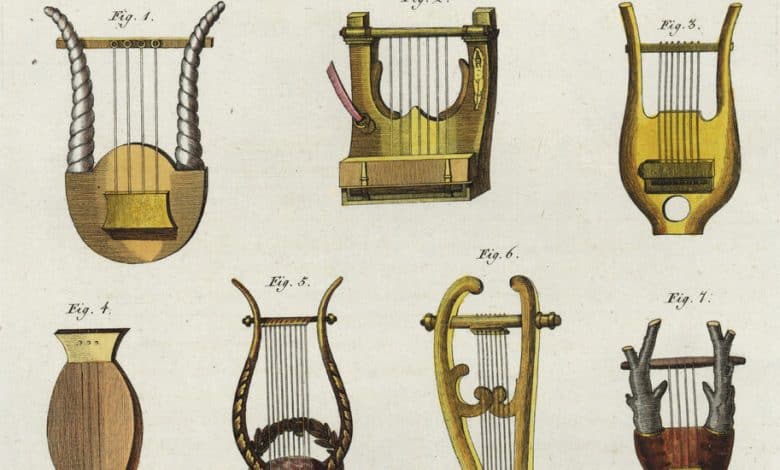Why Do People Make Music?

Music baffled Charles Darwin. Mankind’s ability to produce and enjoy melodies, he wrote in 1874, “must be ranked amongst the most mysterious with which he is endowed.”
All human societies made music, and yet, for Darwin, it seemed to offer no advantage to our survival. He speculated that music evolved as a way to win over potential mates. Our “half-human ancestors,” as he called them, “aroused each other’s ardent passions during their courtship and rivalry.”
Other Victorian scientists were skeptical. William James brushed off Darwin’s idea, arguing that music is simply a byproduct of how our minds work — a “mere incidental peculiarity of the nervous system.”
That debate continues to this day. Some researchers are developing new evolutionary explanations for music. Others maintain that music is a cultural invention, like writing, that did not need natural selection to come into existence.
In recent years, scientists have investigated these ideas with big data. They have analyzed the acoustic properties of thousands of songs recorded in dozens of cultures. On Wednesday, a team of 75 researchers published a more personal investigation of music. For the study, all of the researchers sang songs from their own cultures.
The team, which comprised musicologists, psychologists, linguists, evolutionary biologists and professional musicians, recorded songs in 55 languages, including Arabic, Balinese, Basque, Cherokee, Maori, Ukrainian and Yoruba. Across cultures, the researchers found, songs share certain features not found in speech, suggesting that Darwin might have been right: Despite its diversity today, music might have evolved in our distant ancestors.
